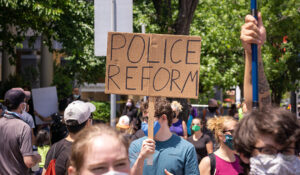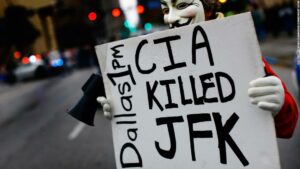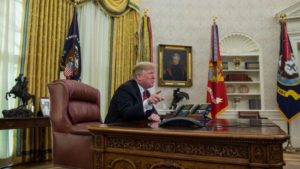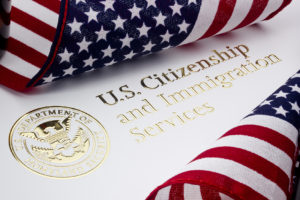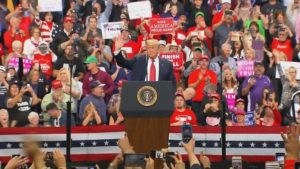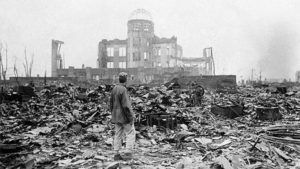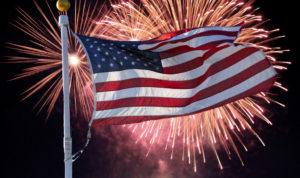Yes, by all means look at this picture.
The message was posted on Facebook I presume by someone who opposes the takedown of Confederate memorials. The text is spot on … until we get to the last line.
Auschwitz stands as a grim reminder of humankind’s cruelty. It doesn’t glorify anything or anyone. Nor do any of the other memorials scattered throughout Europe that take note of the Holocaust and the evil that produced it.
Therefore, I still stand with those who oppose the glorification of the American Civil War and the Confederate States of America’s secession from the Union to fight to preserve slavery.
Those who fly the Confederate flag do so by and large to celebrate what the CSA did, which was to commit treason against the federal government and to bring on the bloodiest conflict in American history.
My wife and I went to Germany in 2016. We stayed with friends in Nuremberg. I had the chance to tour the Documentation Center in the city where Nazi and Japanese leaders were put on trial for crimes against humanity. Our friend in Nuremberg told us that Germans do not fly the swastika to celebrate what the Nazis did; nor do they salute picture of Adolf Hitler. They have erected or preserved these structures to remind the world — and themselves — of the horror that humanity is capable of bringing to itself.
I never will accept the notion that the Confederacy, the Civil War and the reason for fighting it should stand as proud symbol of our nation’s “heritage” and “history.” Sure, keep the statues — but place them in museums and tell the world about the evil they represent.

